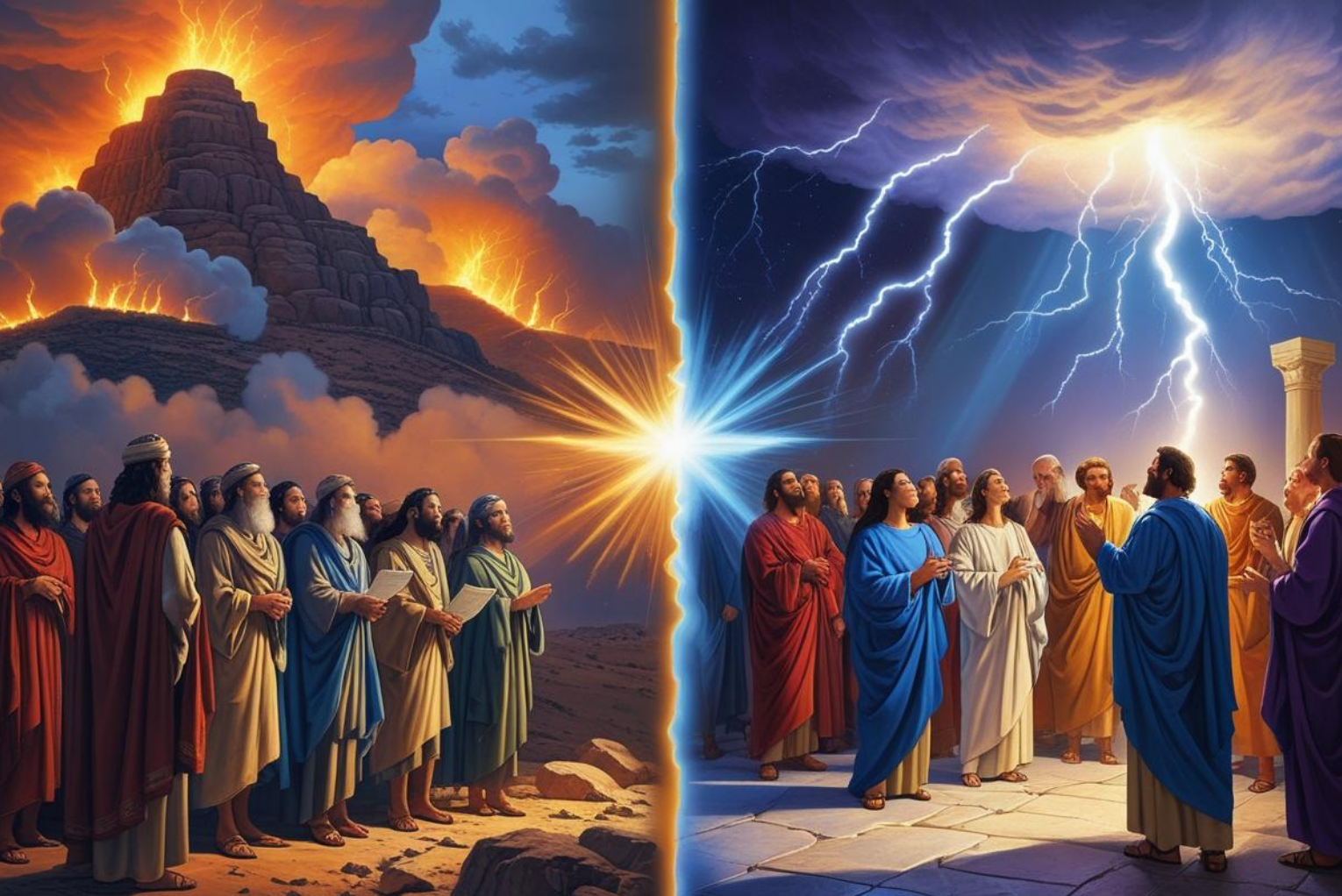As the church enters the season of Pentecost, known in Hebrew as Shavuot, believers are invited to revisit the deep spiritual roots of this biblical holy day and its relevance for today. As Rabbi Kirt Schneider points out in a recent video, many Christians recognize Pentecost from Acts chapter 2, when the Holy Spirit descended on the early disciples, but few are aware of its origin in the Old Testament.
“Pentecost is actually the Greek name of the Hebrew holy day called Shavuot,” Schneider explains. “Shavuot means ‘weeks,’ because according to the Torah, Shavuot took place seven weeks and a day after Passover.” That totals 50 days, hence the Greek name Pentecost, which simply means “fifty.”
Breaking News. Spirit-Filled Stories. Subscribe to Charisma on YouTube now!
More than just a date on the calendar, Pentecost is about divine encounter and revelation. It was originally one of the three pilgrimage feasts when God commanded Israel to come to Jerusalem to worship and present an offering. Over time, Shavuot became known as the time when God appeared on Mount Sinai and gave the Torah. “This holy season…goes back to the giving of the Law at Mount Sinai 3500 years ago,” Schneider reminds us.
The connection to Acts 2 is both powerful and prophetic.
Just as God descended through fire on Mount Sinai, He came again in tongues of fire upon the believers in the upper room. “Suddenly there came a rushing sound and a rushing wind… and the Spirit of the Lord appeared as tongues of fire over each one of them,” Schneider recalls. In that moment, the gospel was proclaimed in languages the disciples had never learned, a miracle Schneider has personally experienced in today’s modern society.
“I was teaching at a conference, and a woman from Peru, who knew no English, heard me teaching in her own language,” he shares.
Join Charisma Magazine Online to follow everything the Holy Spirit is doing around the world!
Yet, the message of Pentecost isn’t only about outward miracles, it’s about a God who still speaks today. “Don’t put Him in a box and think it has to be like you’re going to audibly hear Him. God speaks most often to us through our intuition,” Schneider says.
Pentecost is a call to draw near. As we present our hearts and lives to God, we make room for His voice and His Spirit. “God is a speaking God,” Schneider declares. “And more importantly…He’s still speaking to you.”
Abby Trivett is content development editor for Charisma Media.







































